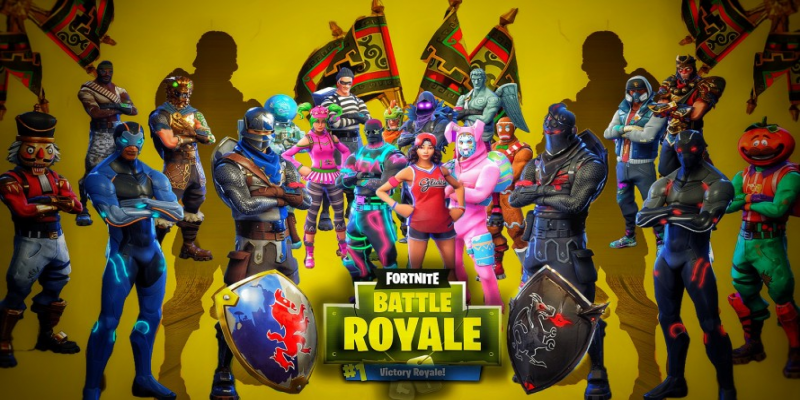Epic vs. Apple: Court Royale Highlights and Consequences
09 May 2021

Fortnite is still unavailable on your iPhone, while Apple and Epic are still engaged in their major battle that started in 2020. The case revolves around the share of the revenue that Apple withdrew from developers’ income. Disagreeing with Apple’s policy, Epic offered a way to make payments bypassing App Store, after which the game was removed from App Store on August 13, 2020. Epic immediately filed a lawsuit versus Apple, challenging Apple’s decision. So, what’s next?
- Tim Sweeney of Epic knew they had it coming. The steps had been planned several months ahead, and the reaction of Apple (and, to some extent, Google) had been predictable.
- On September 8, 2020 Apple filed a countersuit against Epic that, according to Apple, had violated the contract. Both sides have their reasons, but supporters split, most Internet services (Facebook, Spotify, and others) supporting Epic.
- The trial itself started on May 3, 2021, and during the trial, many interesting documents and facts went public unintendedly.
- It turned out that Fortnite had made over $9B between 2018 and 2019, and only a minor share of it was earned on Apple devices. As for 2020, its share on Apple is even less, due to that very ban.
- Apple’s lawyers tried to make Epic responsible for content distributed by other stores, like itch.io, arguing there was adult content on Epic store (while actually it was on another store available through Epic).
- Free-to-play games make more money. That’s why Epic tried to talk Microsoft into allowing free-to-play games on Xbox without subscriptions.
- Free games make even more money for publishers. That’s why Epic spends millions on its monthly giveaways.
- Exclusive games rule, and Epic spends billions on them. Not that they directly pay, but Epic Store still needs to establish itself as a rival to Steam. Some titles do, though: Epic paid $115M for exclusive rights to distribute Borderlands 3, returning most of the. Amount during the first fortnight.
- Both sides used quite bizarre reasons to support their positions. For example, Apple pointed out that Epic’s Top 20 games actually included 25 titles.
- Last but not least: Microsoft decided not to wait until someone files a lawsuit against it. The Redmond corporation cut their share from 30% down to 12%, making its market more attractive to developers and battles like this less probable.
We guess the real winner of this court will be Netflix. Or whoever makes it into a TV courtroom drama first. It’s fun to watch it in real time, though, and it would have been reasonable for the process to be officially streamed on Twitch.
